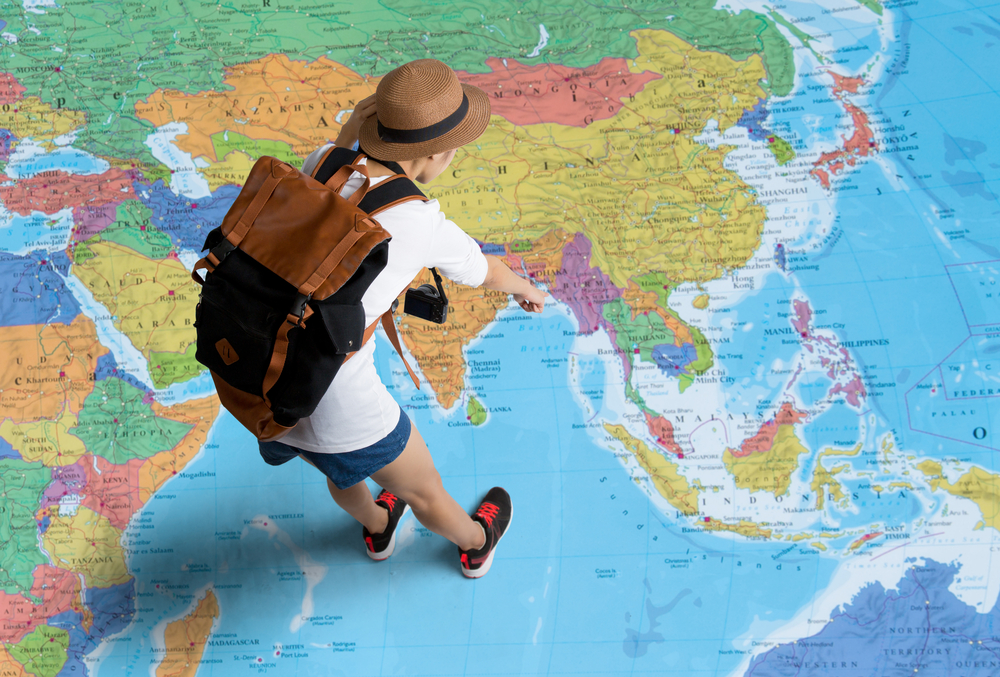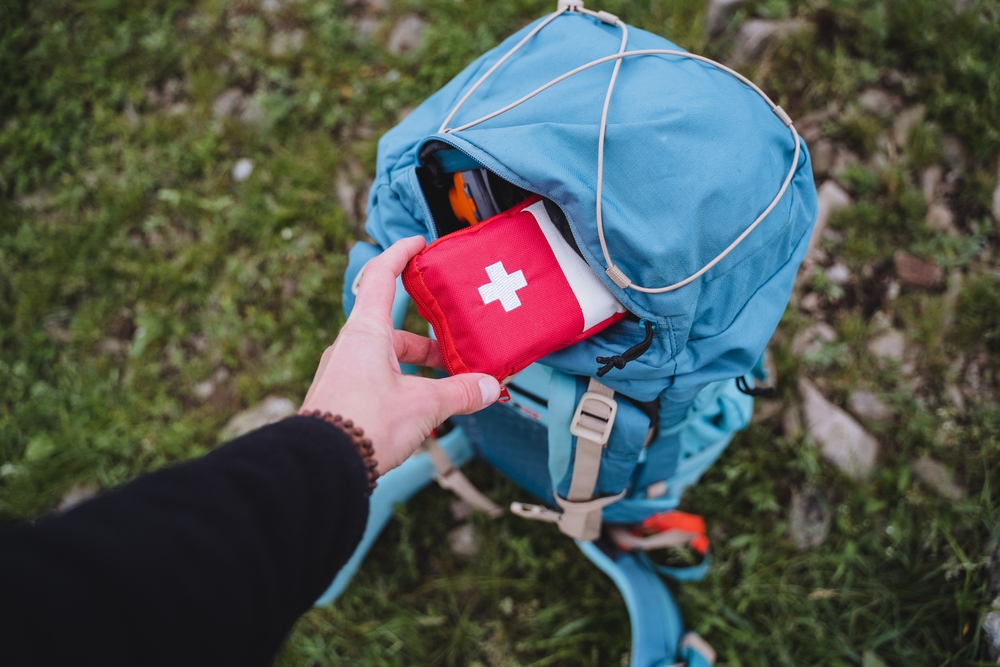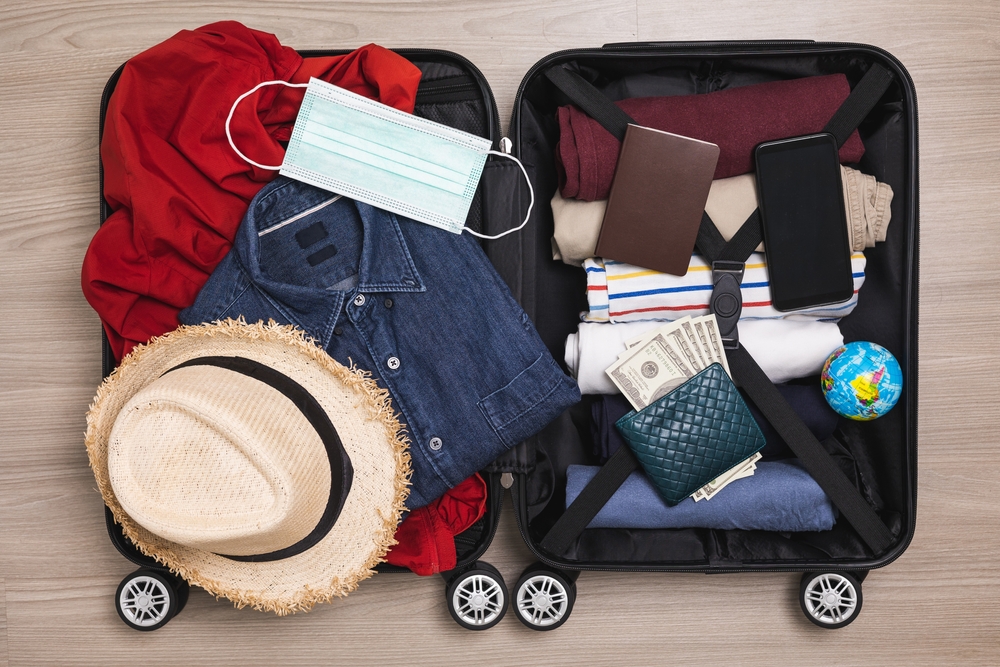Whether it’s a long-awaited vacation or a weekend getaway, setting out on a journey is an exciting prospect. But in the middle of all the excitement and anticipation, it’s important to remember that safety comes first. We are exposed to new situations, people, and cultures when we travel to new places. We can enjoy our adventures to the fullest with peace of mind if we take proactive steps to ensure our safety. These are important safety measures to think about before departing on any trip.
- Investigate Your Destination: Learn everything there is to know about your destination before you leave. Learn about the laws, customs, and potential safety hazards specific to the area. Online resources and government travel advisories can offer important information about the current situation and areas to avoid. Gaining an understanding of the local context will enable you to plan your trip wisely and exercise caution.

- Safeguard Your Documents: For a trouble-free trip, you’ll need your passport, identity, visas, and travel documents. Create digital scans or photocopies of these documents, then safely store them apart from the originals. For extra peace of mind, think about utilizing a secure digital storage app or a travel document organizer. Having backup copies will speed up the replacement process in the event of loss or theft.
- Stay Connected: Throughout your trip, keep in touch with reliable contacts back home. Tell your loved ones about your itinerary, your lodging, and your contact information. Frequent updates via phone calls, texts, or emails can reassure and speed up assistance in an emergency. To guarantee dependable communication overseas, think about getting a local SIM card or an international roaming plan.
- Invest in Travel Insurance: Purchasing travel insurance can help you avoid unanticipated costs and disruptions to your trip, such as lost luggage, medical emergencies, or trip cancellations. Financial protection against such unanticipated events is provided by travel insurance. Examine several insurance plans to discover complete coverage that satisfies your requirements, including the option for medical evacuation in the event that you are visiting a remote location.
- Pack Shrewdly: Being well-prepared for your trip not only makes it easier, but it also increases your safety. Bring necessities like prescription drugs, first aid supplies, a minimal travel medical kit, and any protective gear (hiking boots, sunscreen, insect repellent, etc.) that you will need for your activities. Travel security pouches or your luggage should be used to safely and covertly conceal valuables such as jewelry, cash, and electronics.
- Remain Aware of Your Surroundings: Being cautious is essential when venturing into unknown areas. Keep an eye on your surroundings and follow your gut if something doesn’t feel right. Refrain from flaunting your wealth or attracting unwarranted attention. Keep yourself informed about common safety hazards, pickpocketing hotspots, and local scams. Learn the escape routes in case of emergency in public areas and lodgings.
- Drink Responsibly: While taking in the local cuisine and nightlife can be a part of the trip, consuming too much alcohol can cause confusion and jeopardize your safety. Be careful with how much alcohol you consume and drink sensibly, especially in social or unfamiliar settings. To reduce the chance of tampering or spikes, never accept drinks from strangers and never leave your drink unattended.
- Use Reliable Transportation: When traveling to your destination, pick modes of transportation that you can trust. Investigate dependable and safe forms of transportation, such as official government-run public transportation, licensed taxis, and trustworthy ride-sharing services. When using new transportation services, proceed with caution and put safety before convenience or price.
- Keep Yourself Educated About Health Risks: Make your health a priority by keeping yourself informed about any possible health risks at your destination. Verify any vaccination requirements and health precautions advised by travel clinics or health authorities. To prevent foodborne illnesses or waterborne diseases, practice good hygiene, including frequent handwashing, and use caution when consuming food and water from untrustworthy sources.

- Trust Your Instincts: Finally, follow your instincts and put your own safety first. Trust your instincts. Get out of a situation as soon as it feels unsafe or uncomfortable. Never be afraid to ask for help from other travelers, hotel employees, or local authorities if you have any questions or encounter any emergencies while traveling.
In summary, even though travel is unquestionably a fulfilling and enriching experience, it’s critical to put safety first at every turn. You can enjoy your adventures with confidence and peace of mind if you are proactive, knowledgeable, and have faith in your gut. Recall that the keys to safe and enjoyable travel are planning ahead and being alert.


